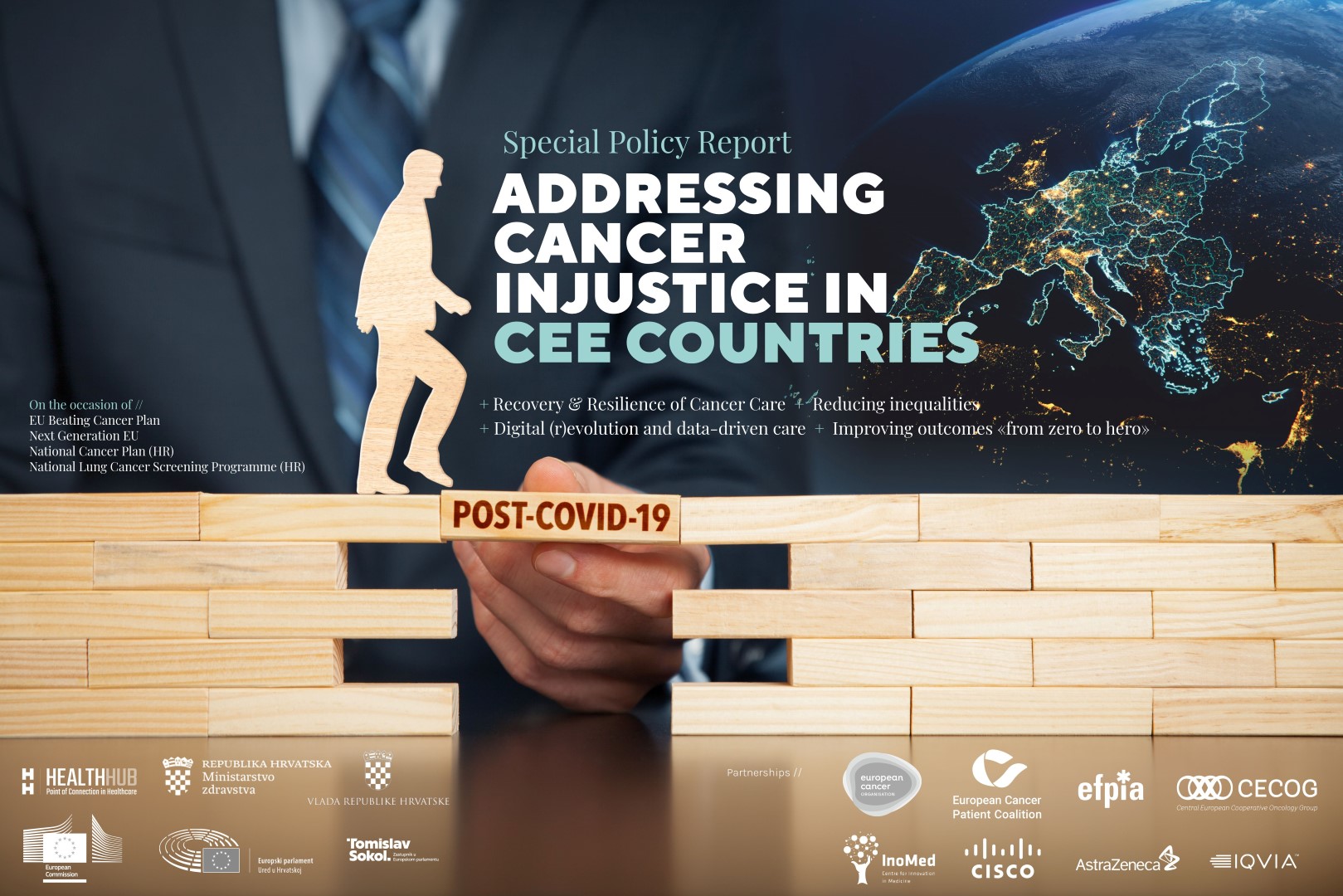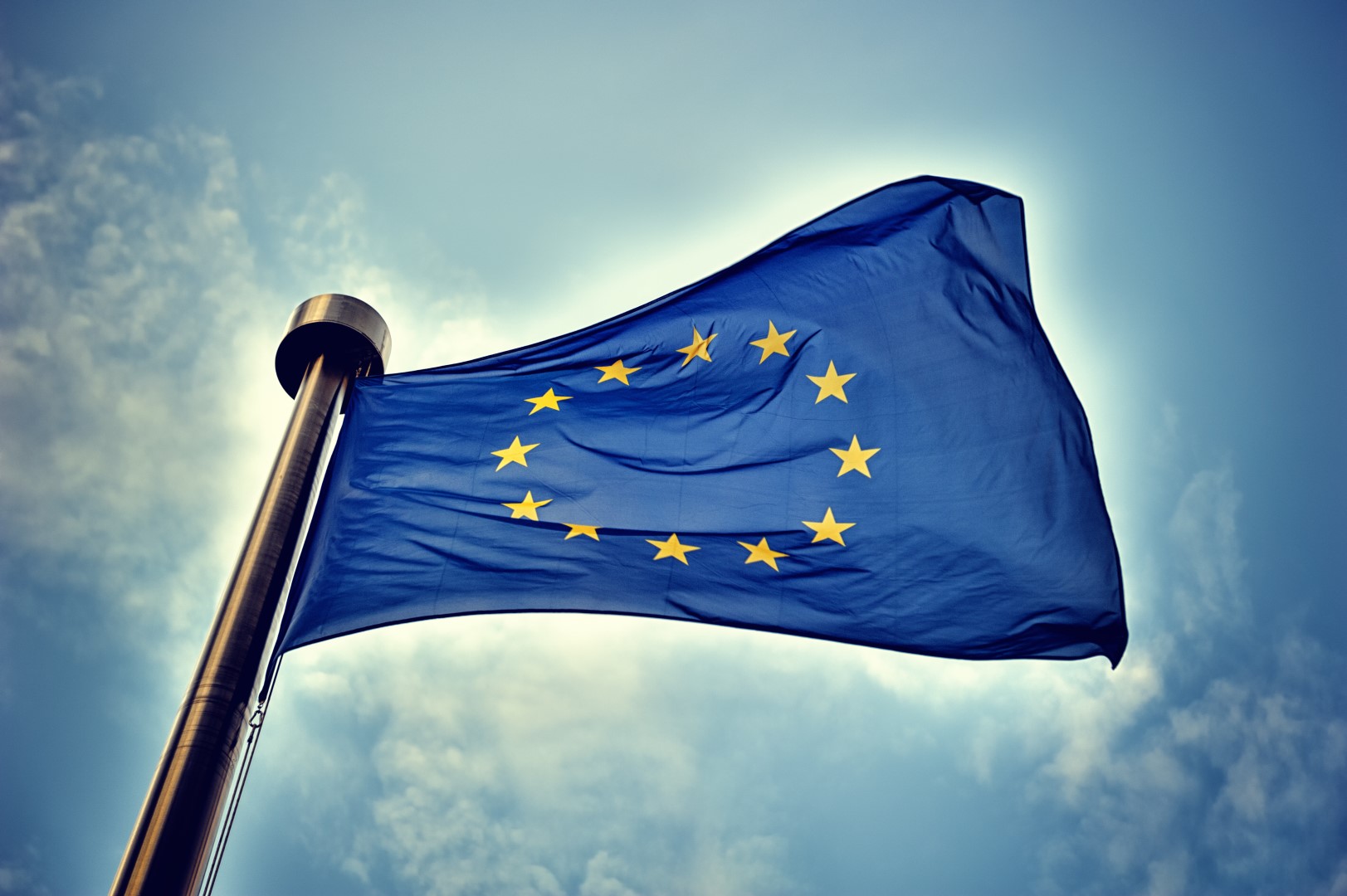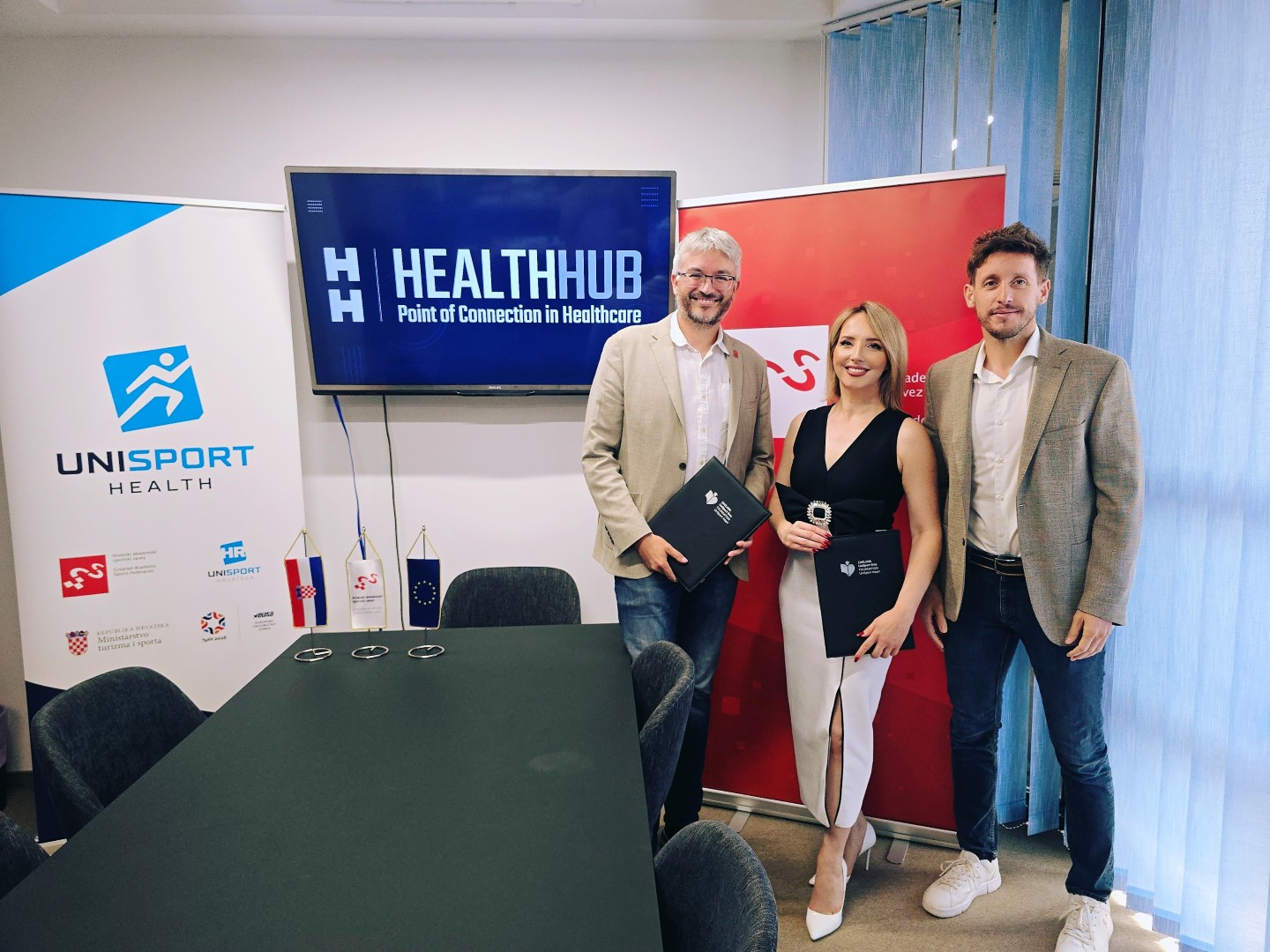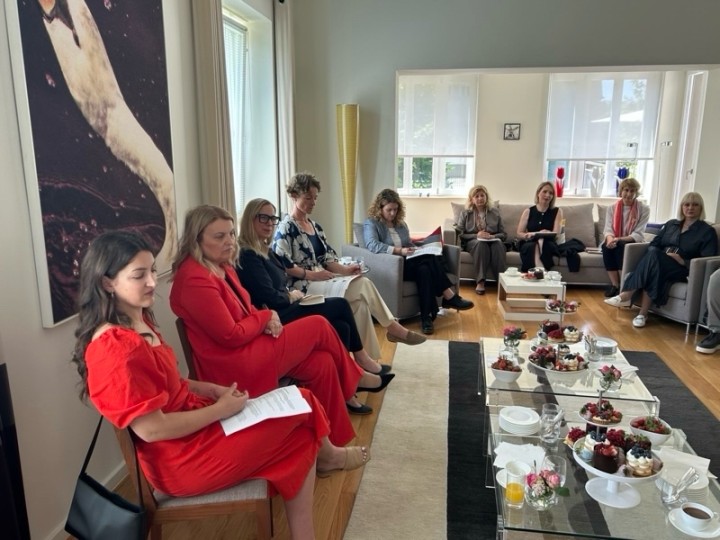Vice President of European Commission Dubravka Šuica on addressing cancer injustice in CEE countries
umerous indicators clearly indicate large differences in cancer prevention and oncological care between Member States, but also within them. These inequalities are reflected in the availability of preventive programs, rates of early cancer detection, diagnosis, availability of innovative drugs and modern treatment methods, survival and measures to improve the quality of life of cancer patients and cancer survivors. As the President of the European Commission, Ursula von der Leyen, and the EU Commissioner for Health, Stella Kyriakides, have pointed out for many times, the European Beating Cancer Plan clearly states that these inequalities between countries are unacceptable in the European Health Union, which strives to protect everyone, and that there should not be citizents or patients of “first-class” and “second-class”…“
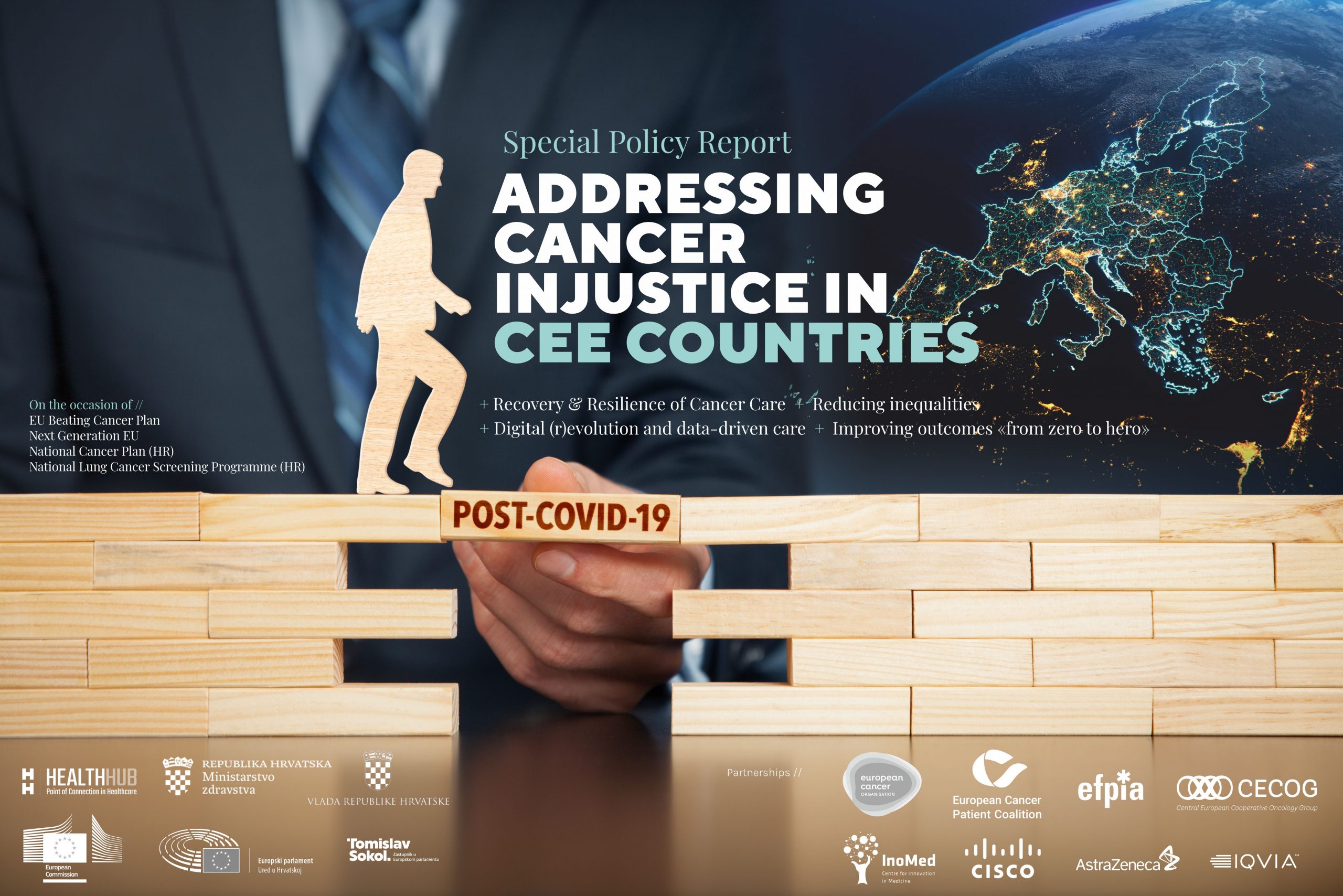
Taking into account that many countries in Central and Eastern Europe have the same problems as Croatia, Croatian Ministry of Health and Health Hub (think tank for healthcare) organized High Level Policy Forum “Addressing Cancer Injustice in CEE Countries” covering inequality and injustice in access to all levels of oncology care for Eastern compared to Western countries with better statistics and treatment outcomes, while proposing new solutions and strategies for the future, presenting best practices and the possibility of using European funds to reduce inequality in prevention and cancer treatment with an emphasis on timely access to innovations. This Forum was organized on the occasion of the European Beating Cancer Plan, the Next Generation EU program, the Croatian National Strategic Framework against Cancer and the National Lung Cancer Screening and Early Detection Program. Partners of the Forum were respectable organizations: European Cancer Organisation, European Cancer Patient Coalition, Center for Innovation in Medicine InoMed, EFPIA (European Federation of Pharmaceutical Industry and Association, Central European Collaborative Oncology Group (CECOG), with the local support of the European Commission and the European Parliament .
On this occasion Vice President of European Commission Dubravka Šuica, in charge for Democracy and Demography policies, gave an interview for Health Hub.
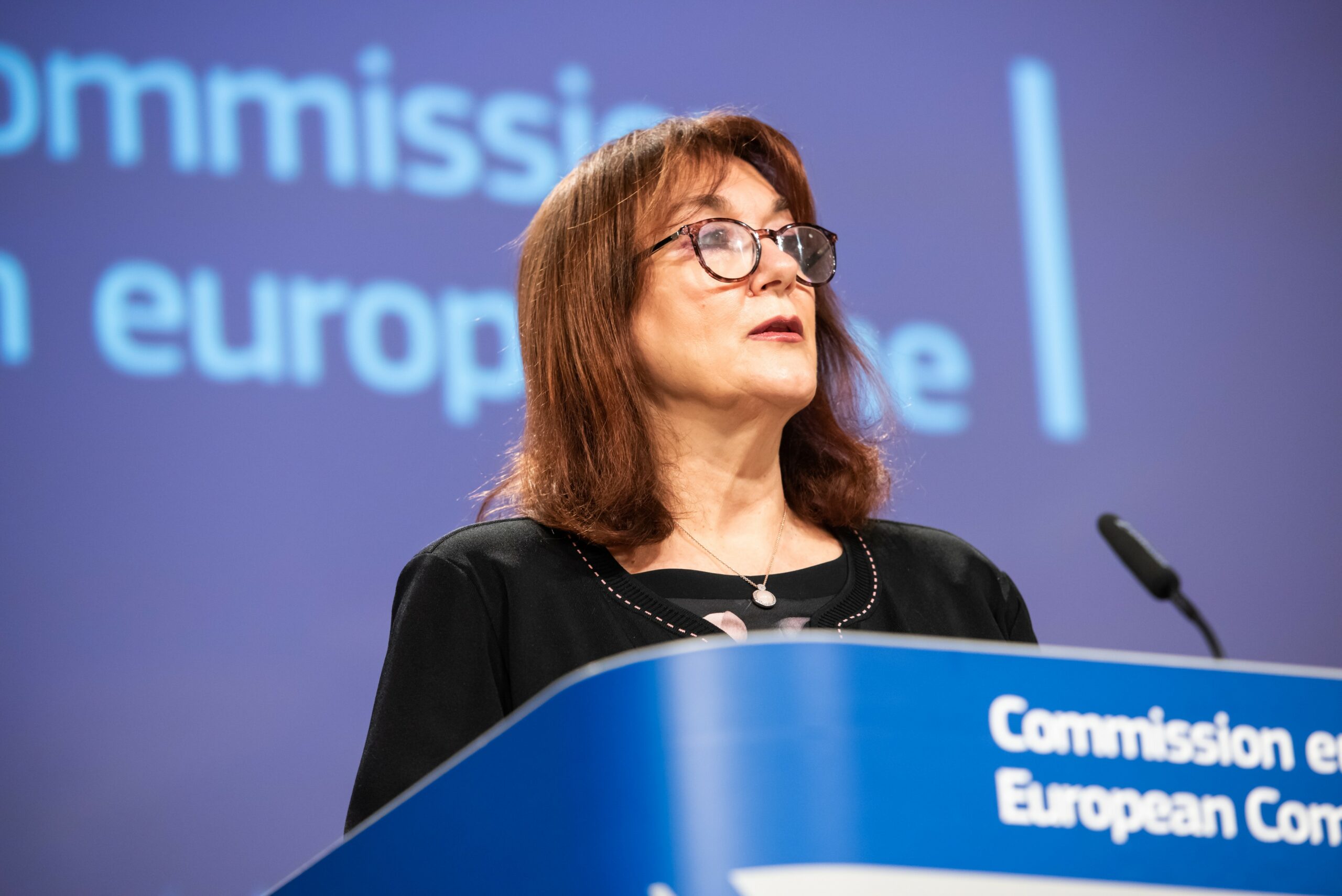
Vice President of European Commission Dubravka Šuica, in charge for Democracy and Demography policies
European Commission tackles cancer as one of its political priorities. What is the demographic and social impact of cancer in the EU and especially in Central and Eastern Europe countries that are a bit “behind“ in outcomes, innovation access and health literacy comparing to Western EU countries?
Beating cancer is indeed a key health but also a political priority for the European Commission. Data from Eurostat available on the cancer inequality registry states that the socio-economic inequalities in, for example, breast cancer screening, are highest in Bulgaria, Romania, Latvia, Poland and Slovakia, and lowest in Finland, Germany, Netherlands, Malta, and Denmark. At the same time, the countries with the lowest overall breast cancer screening rates are Romania, Bulgaria, Latvia, Poland, Belgium, and with the highest rates are Finland, Sweden, Portugal, Luxembourg, Czechia.
One can deduct from these data that, at least in some central and eastern European countries, low breast cancer screening rates are accompanied by high socio-economic inequalities.
The impact of cancer on the EU’s labour force and related productivity losses is also considerable. Data indicates 37% of all mortality before the age of 65 is due to cancer.

In full recognition of these realities, we have devised Europe’s Beating Cancer Plan of February 2021, the first of its kind on EU level. This is a plan that is ambitious, comprehensive and well-funded. It allows Member States, EU institutions and stakeholders to work closely and in a coordinated manner to bring about change for cancer patients and their families.
The Cancer Plan horizontally addresses unequal access to healthcare. The European Cancer Inequalities Registry launched in February 2022 is a flagship initiative in this respect. The Commission’s mission is to boost research, innovation, data, digitalisation and new technologies, in order to beat cancer. Its Europe’s Beating Cancer Plan adopts a holistic approach: from prevention of risk factors to survivorship support and end-of-life care. There is a particular focus on socially or economically vulnerable families and people living in remote areas, across all Member States.
Our plan provides data on cancer prevention and care, identifying trends, disparities and inequalities between EU Member States and regions. It will help the EU and Member States to channel funding to areas of inequality.
To address these inequalities, the Commission has proposed a new Council Recommendation for cancer screening in September 2022 as another flagship initiative of the Europe’s Beating cancer plan. Together with accompanying guidelines, it aims to ensure that 90% of the total EU population who qualify for breast, cervical and colorectal cancer screenings are offered screening by 2025.

The European Commission’s mission is to build resilient European economies with healthy workforce and citizens. How does cancer impact on EU Member State’s economies and what can we expect in the post-pandemic period, taking into consideration postponed/delayed visits to hospitals and screenings?
The highest cost of cancer is the human life it destroys and the impact it has on all those directly and indirectly affected by it. The total financial cost of cancer was estimated to be in the range of EUR 199 billion in Europe in 2018. The productivity loss of premature cancer mortality in Europe is estimated at EUR 49.615 billion and for cancer morbidity at EUR 20.418 billion (for 2018). Hence, in total cancer caused a productivity loss of more than EUR 70 billion in 2018.
Prevention is key, especially in terms of human costs. The Council Recommendation I mentioned above, once adopted and implemented, will help to boost screening and to catch-up delays occurred during the pandemic.
The Commission has launched an EU-wide process to address fairness in access to financial services for people with a history of cancer. In the future, this could lead to an EU code of conduct in this area.

There is also a considerable amount of EU funds reserved for the fight against cancer: the EU4Health programme and other funding programmes have earmarked a total of EUR 4 billion for actions addressing cancer. This will also include work on key health determinants, health promotion and primary prevention of cancer.
Member States’ recovery and resilience plans under NextGenerationEU also contain measures on health, in line with the “health resilience” priority and the fact that all EU Member States received a country specific recommendation on health system resilience in the 2020 European Semester process.
More than EUR 40 billion in recovery and resilience investments are earmarked for fostering better healthcare, to drive the digitalisation of health systems and to strengthen national public health systems.
I need to highlight that strengthening the overall performance of health systems will benefit all cancer patients. In this vein, we are encouraged to see that, several national recovery and resilience plans envisage tailored measures to beat cancer.
For example, the Croatian plan includes the purchase of equipment for the prevention, diagnosis and treatment of cancer patients as well as equipment for the establishment of a national oncological network and national oncological database.
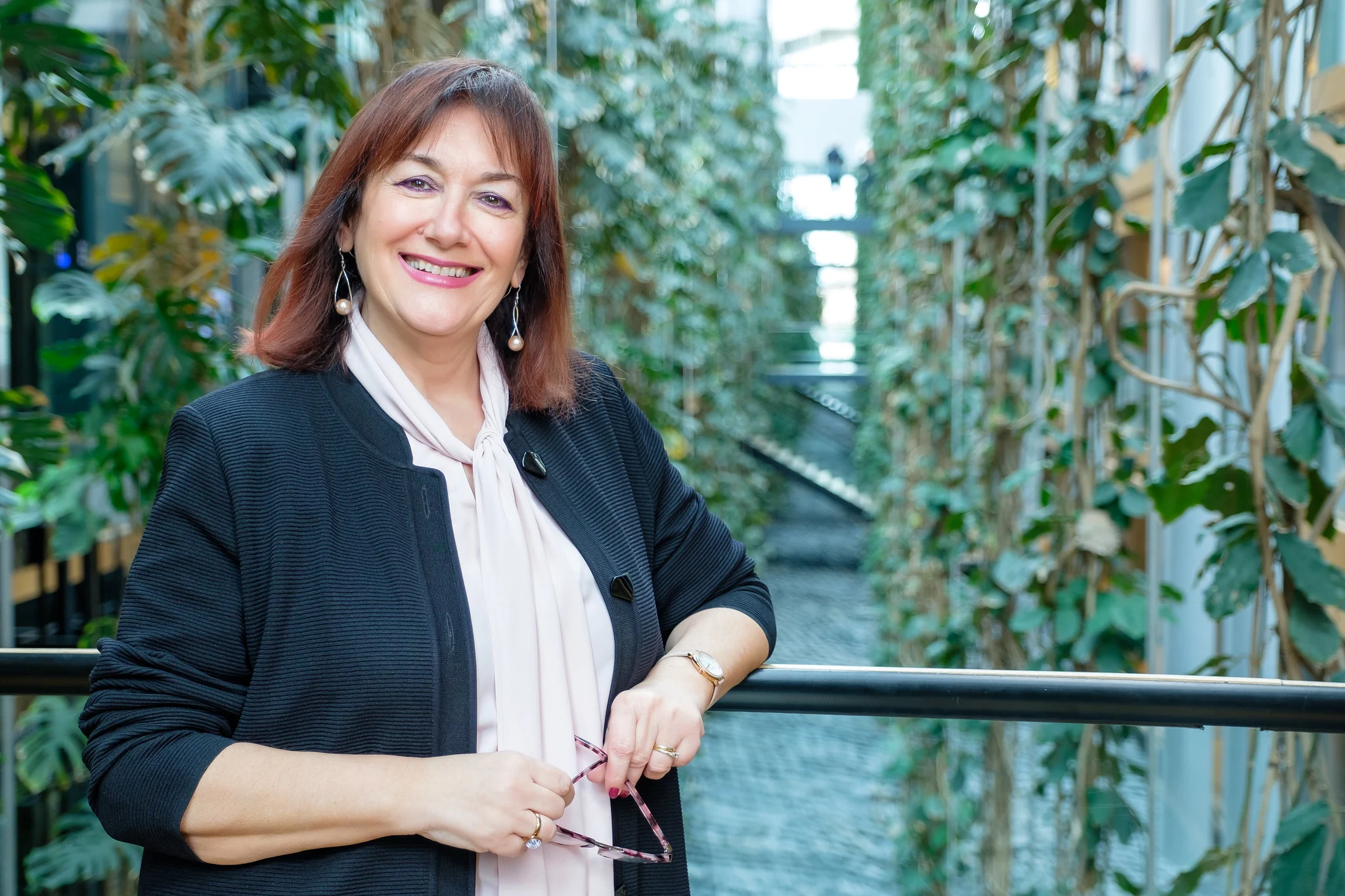
Vice President of European Commission Dubravka Šuica, in charge for Democracy and Demography policies
How addressing cancer injustice can help (re)build the demographic image of Central and Eastern Europe taking into consideration the loss of productivity because of poor cancer outcomes or a healthy aging approach with prolonged productivity of citizens?
The European Commission’s prioritises beating cancer first and foremost to save live. This helps as well boost productivity everywhere in the European Union, also in the context of addressing demographic change and to promote healthy and active lifestyles for all.
The already mentioned cancer inequality registry provides data on cancer prevention and care, identifying trends, disparities and inequalities between EU Member States and regions. In 2023, the Commission will release cancer country profiles, which will contextualise these quantitative data and provide further country-specific qualitative analysis. This will help to guide further investments and interventions at national and EU level.
The Commission also launched actions in 2022 on human papillomavirus (HPV) vaccination and an EU Network of young cancer survivors.
When it comes to research and innovation, the first EU knowledge centre on cancer is up and running. This centre facilitates the coordination of scientific and technical cancer-related initiatives at EU level and publishes cancer factsheets through the European cancer information system. The factsheets on different types of cancer report estimates and time trends for the cancer burden at EU-27 level. This will drive improvements in cancer prevention and treatment.
To improve standards of care in the EU, work has started to establish an EU Network linking national comprehensive cancer centres by 2025. Since summer 2022, the inter-speciality cancer training programme is up and running.
All initiatives taken together, on EU level and on national level, will help Europe’s strong endeavour to beat cancer.

Croatia is the youngest EU Member State, but despite many challenges similar to CEE countries and healthcare budgets, they manage to initiate the first EU nationwide lung cancer screening programme (based on AI) that serves as a role model to be followed by other EU Member States to tackle lung cancer as „biggest cancer killer in EU.“ How can we strengthen best practice sharing between Member States for the healthier Future of Europe?
The European Commission welcomes Croatia’s initiative and applauds the innovative spirit. Sharing best practices like this between Member States will help to beat cancer in the EU. To support such innovative approaches to cancer screening in the EU, the Commission has committed EUR 38.5 million through the EU4Health program.
In addition, Horizon Europe provides another EUR 60 million for the development of new methods and technologies for cancer screening and early detection.
Furthermore, anticipating the adoption of the new Council Recommendation on cancer screening, the Commission will propose additional funding under the 2023 EU4Health Work Program to implement these recommendations.

PHOTOGALLERY //
High Level Policy Forum “Addressing Cancer Injustice in CEE”
